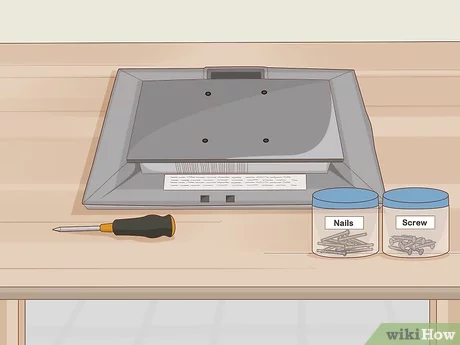3 Ways to Fight Fatigue from Depression

Introduction:
Depression is a severe mental health disorder that affects millions of people worldwide. One of its most common symptoms is fatigue, which can be both mentally and physically draining. Combatting fatigue from depression can feel like a daunting task, but there are ways to fight back. In this article, we will discuss three methods to help you manage and mitigate fatigue stemming from depression.
1.Physical Exercise:
One of the most effective ways to combat fatigue due to depression is through physical activity. Exercise has been shown to improve mood, increase energy levels, and release endorphins – the body’s natural “feel-good” chemicals. Aim for at least 30 minutes of moderate aerobic activity, such as walking or cycling, most days of the week. Strength training can also help build muscle mass and improve overall energy levels.
If you’re new to exercise or finding it difficult to get started, consider incorporating physical activity into your daily routine gradually. Start with small steps like taking a short walk or stretch breaks throughout the day. As your fitness level improves, increase the duration and intensity of your workouts accordingly.
2.Sleep Hygiene:
Poor sleep quality or insufficient sleep can significantly exacerbate fatigue related to depression. Therefore, it’s crucial to establish good sleep hygiene habits to optimize your sleep and enhance your overall mood. Here’s how you can improve your sleep regime:
– Set a consistent sleep schedule: Go to bed and wake up at the same time every day, even on weekends.
– Create a relaxing bedtime routine: Engage in calming activities, such as taking a warm bath or reading a book before bed.
– Limit exposure to screens: Avoid using electronic devices like phones or computers at least an hour before bedtime.
– Make sure your sleeping environment is comfortable: Keep the room cool, dark, and quiet for optimal rest.
3.Seek Professional Help:
Sometimes, fighting fatigue from depression requires professional help from therapists or psychiatrists. They can provide valuable support and guidance to help you develop coping strategies, identify and address the root causes of your depression, and monitor your progress. Consider seeking therapy, such as cognitive-behavioral therapy (CBT) or interpersonal therapy (IPT), which has proven effective in managing depressive symptoms.
Furthermore, if fatigue remains persistent despite lifestyle modifications and therapy, medication might be an appropriate option. Antidepressants, such as selective serotonin reuptake inhibitors (SSRIs), can help alleviate depressive symptoms and improve energy levels for some individuals. Consult with a medical professional to determine the most suitable treatment plan for your needs.
Conclusion:
Fatigue from depression may feel overwhelming, but remember that there are ways to fight back. Incorporating regular physical exercise, improving your sleep hygiene, and seeking professional help are vital strategies in managing fatigue and taking control of your mental health. Don’t hesitate to reach out to friends, family members or support groups for additional assistance – you deserve a fulfilling and energized life.






